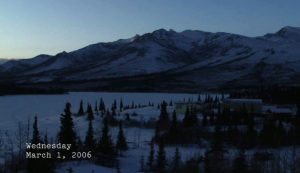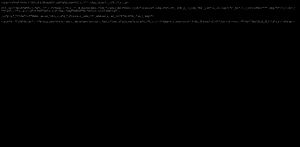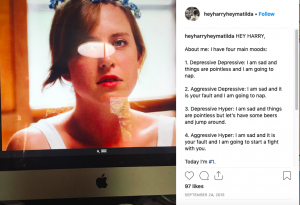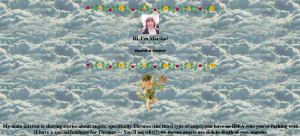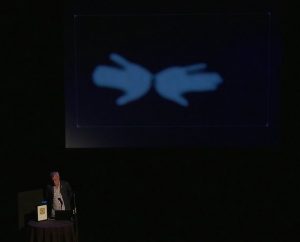
There is most definitely value to be found in each of these works as each explore a different aspect of network writing. One that was particularly interesting to me out of all of them was the flarf narrative “I Love Alaska,” which created a story through a woman’s search history. What the flarf shows is how search history can actually tell you a lot about a person. It reveals a persons interests, what they think about, who they think about, etc. I think it also opens up a conversation on big corporations like AOL and their ability to track their users and what their users are searching on their platform. “I Love Alaska” raises questions like how does AOL use that information, who do they give that information too considering many internet companies are reliant on ads since most big companies do not require users to pay to use their platforms? These are worthwhile questions and “I Love Alaska” really encourages that discussion.
“The Listeners” is another work I found interesting; exploring the relationship between humans and AI, which is a topic that I am genuinely concerned about. Devices like Alexa and Google Home Assistant represent the early stages of human and AI interaction; and as AI continually advances, that relationship will continually grow. I think it also opens up a commentary on surveillance and the implications of this fact. Like “I Love Alaska” I think there is great literary value because of the commentary and relevance of the topics it explores.
I think what these pieces do effectively is represent the variety of different works of art that can be created within this form of writing. From “The Listeners” to the “degenerative and regenerative,” each piece is incredibly different from one another. One of the aspects of electronic literature that I love so much is how much variety there is in ways to express and tell stories. Network writing is a perfect example of this fact.
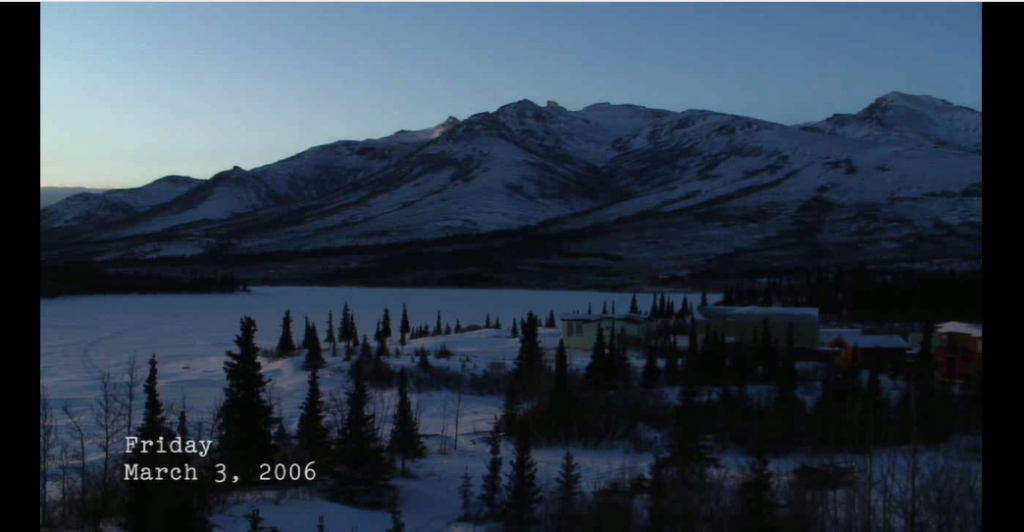



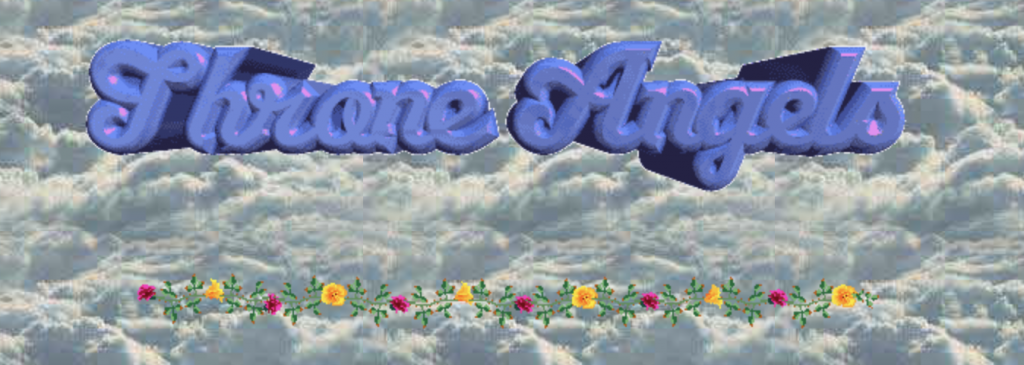 From Rettberg’s reading, the main thing I was looking for when exploring the sources for this week was some the collaborative elements that he described for network writing.
From Rettberg’s reading, the main thing I was looking for when exploring the sources for this week was some the collaborative elements that he described for network writing.

